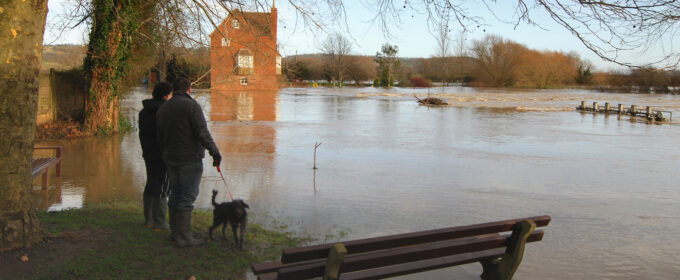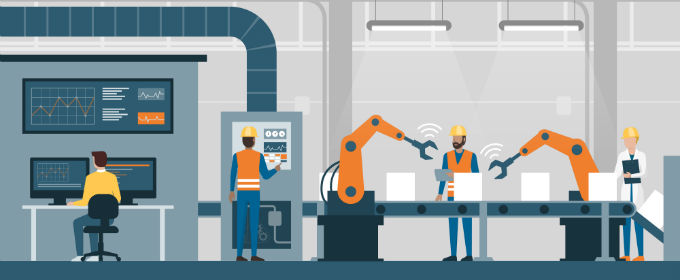Data centres are rapidly becoming one of the most energy- and water-intensive components of the digital economy, yet their cooling systems remain largely invisible in infrastructure and climate policy. While advanced cooling technologies can significantly reduce energy and resource use, the UK lacks a national framework to guide their adoption or measure their environmental impact. […]




